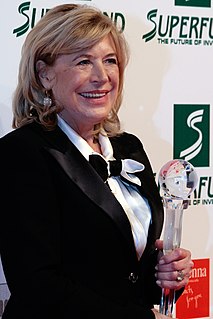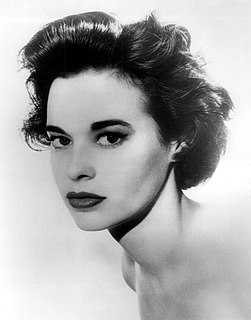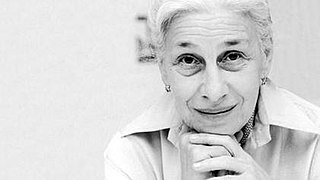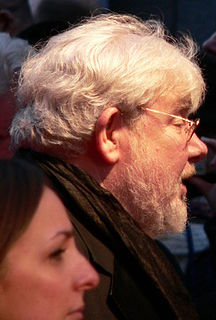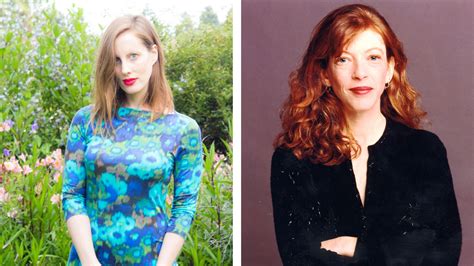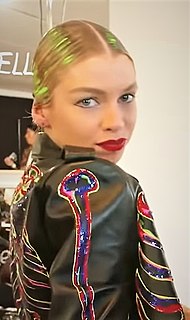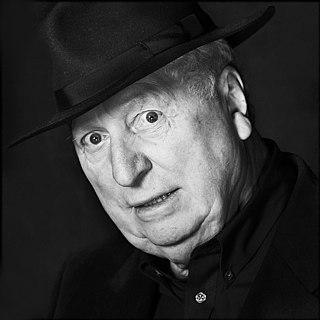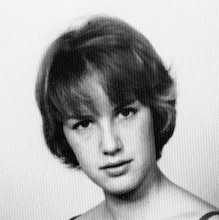A Quote by Marianne Faithfull
When you are 18, 19, 20, you're used to being photographed all the time, in a certain way. So, the narcissism becomes almost out of control. And the way that young women are photographed, they become addicted to this feedback of the image.
Related Quotes
It is a nostalgic time right now, and photographs actively promote nostalgia. Photography is an elegiac art, a twilight art. Most subjects photographed are, just by virtue of being photographed, touched with pathos. ... All photographs are memento mori. To take photograph is to participate in another person's mortality, vulnerability, mutability. Precisely by slicing out this moment and freezing it, all photographs testify to time's relentless melt
The photographer discovers himself/herself being photographed and we can guess he is uncomfortable. Unsuccessfully he/she tries to recompose his posture and to look like a photographer taking photos. But no, he is and continues to be a spectator. The momentous fact of being photographed leads him to becoming an actor. And, as always, actors must assume a role, which is only an elegant way of avoiding to say they must choose sides, choose a faction, take an option.
Every once in a while I have this revelation like, "Wow, a hundred years ago the world wasn't black and white." It was in color. Photographed in a certain way, people look from another time. We are just not used to seeing ourselves in that context. Something that's fascinating about photography is you can isolate a moment, tear it out of its context, and see it afresh. Another realization is that, "Wow, there's a big world out there, and people are still doing all sorts of the things that they used to do." We don't just live in iPad land.
Sometimes, when you roll out of bed, you don't want to be photographed by the paparazzi. Usually you like to know when you're being photographed. I've learnt that, as a public figure, you have to up your game and be prepared. Ideally, you try not to roll out of bed without brushing your hair - just chuck a brush through it, make a little effort.
You know, also I, you know, I was on those birth control pills and my breasts were like, they hurt... and, you know, it was like they blew up like. You know, they wouldn't fit into any of my dresses. I had to quit taking those birth control pills... This was like - I mean they were like, I thought they should be photographed really... So they were, for immortality. (On being photographed nude playing chess with Marcel Duchamp at Duchamp's 1963 retrospective at the Pasadena Museum of Art.)
